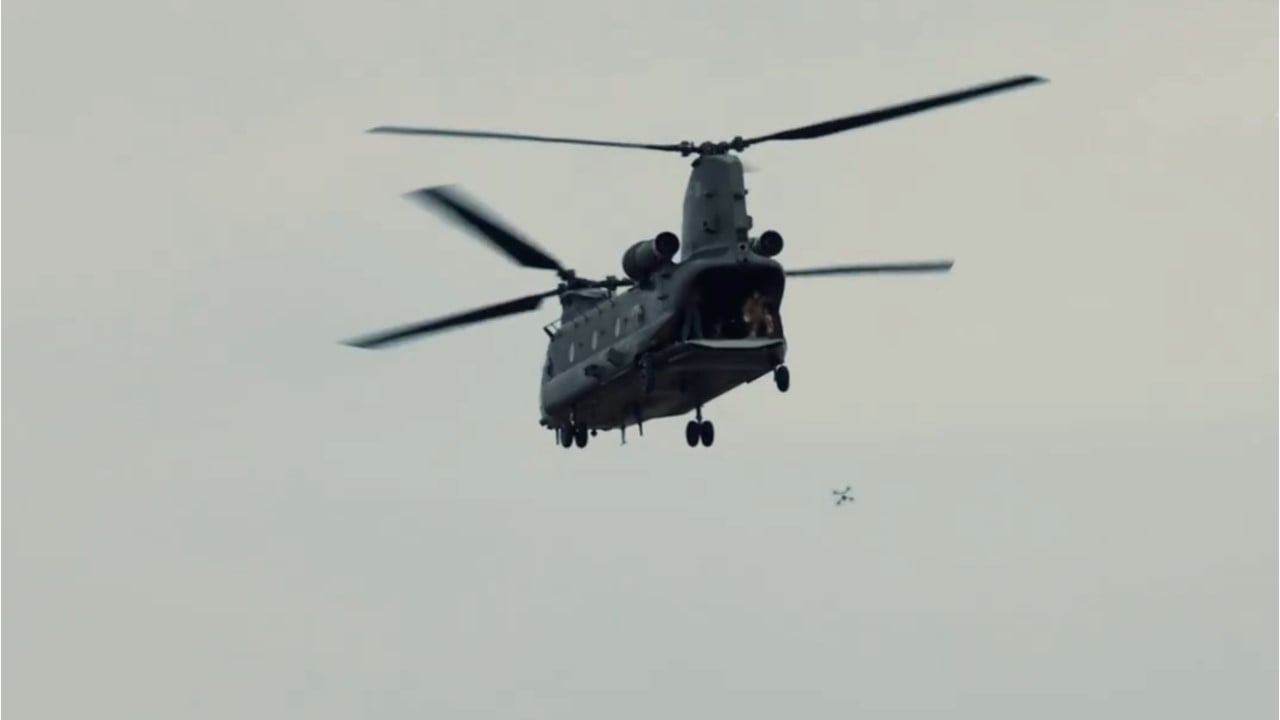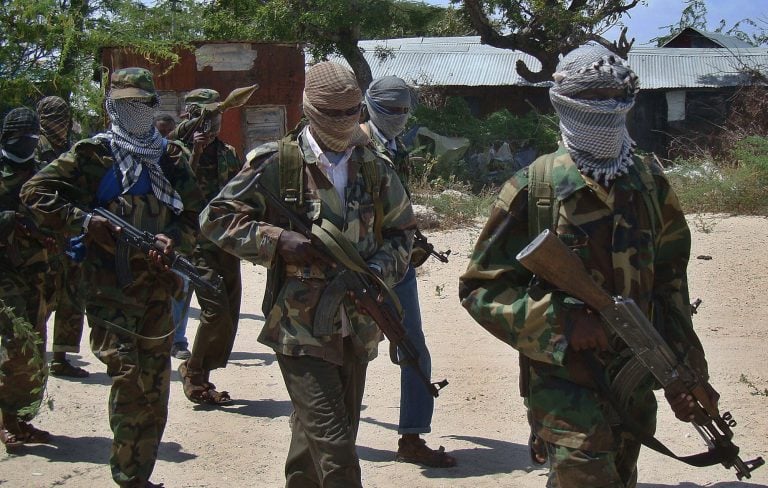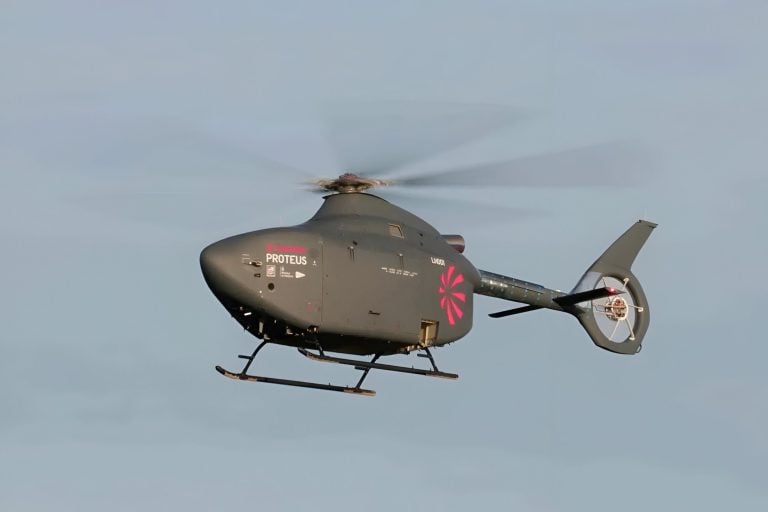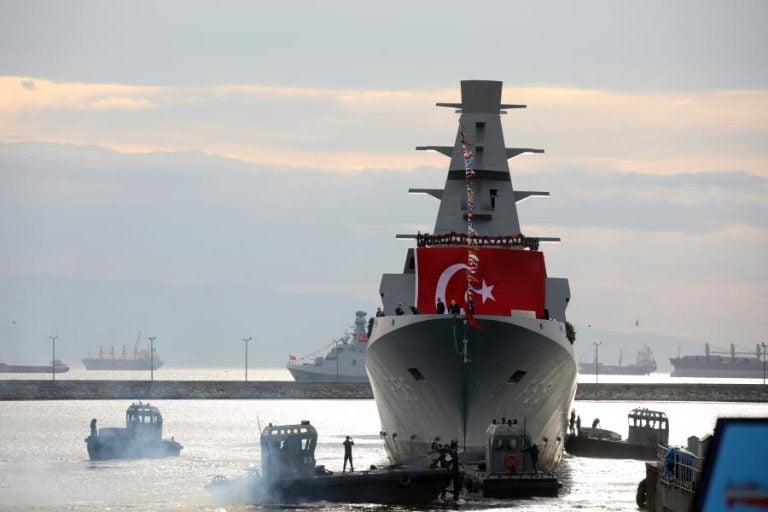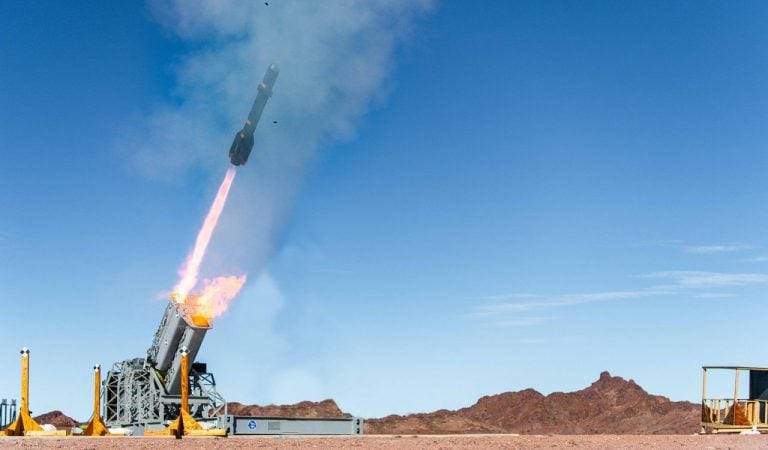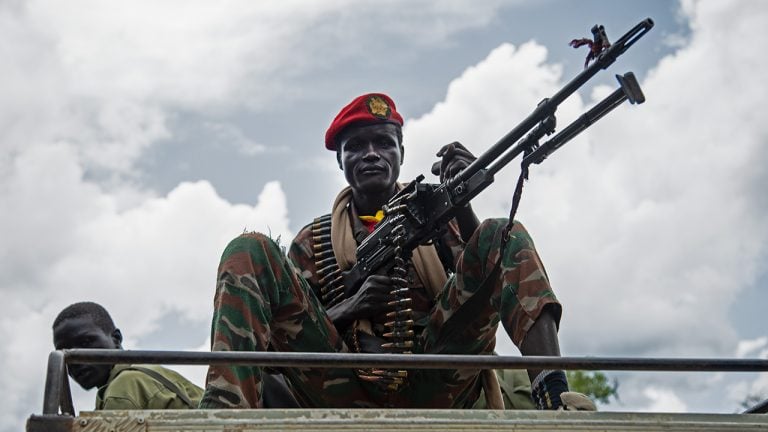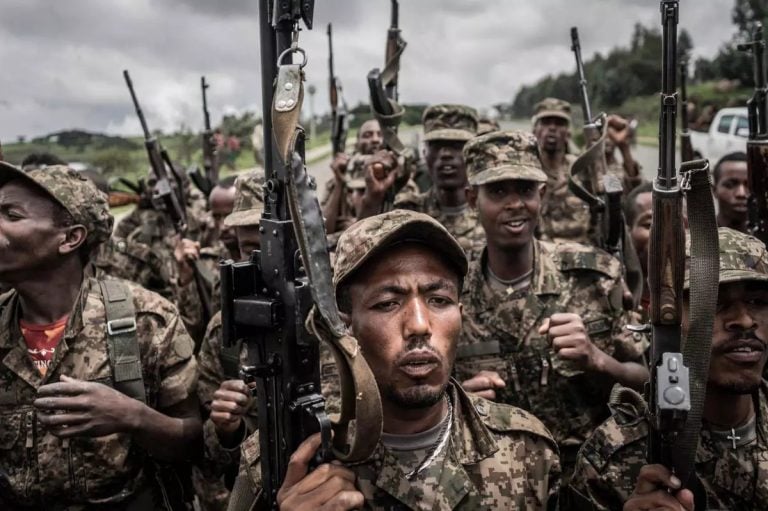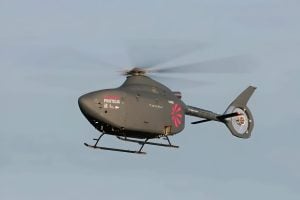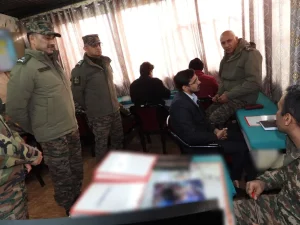The UK military has recently concluded a tactical experiment involving the deployment of first-person view (FPV) drones from a CH-47 Chinook helicopter, showcasing innovative strategies in rapid deployment for modern warfare. This exercise highlighted the capabilities of FPV drones to carry out various missions during a single flight, significantly enhancing operational efficiency in fast-paced tactical scenarios.
By utilizing FPV drones, the Royal Air Force (RAF) gains a substantial tactical advantage, allowing for the mid-air deployment of drones that can deliver sensors or strike assets deep within enemy territory without placing ground forces at risk. The drones demonstrated are designed for various functions, including scouting, jamming enemy positions, and striking hostile targets. This multi-mission capability reduces the necessity for multiple specialized platforms, streamlining operations in complex combat situations.
The UK Defence is actively investing in agile technologies to maintain a strategic edge in military operations. The recent trial, known as Hornets Nest, involved deploying FPVs from an RAF Chinook helicopter, a development that signifies a marked departure from traditional operational methods. Historically, uncrewed systems have been launched from static ground positions using established launch platforms, which inherently limits flexibility and increases operational risks.
The mid-air deployment of drones from a helicopter represents a transformative shift, reducing some of the constraints associated with ground-based operations. This method eliminates the need for secure launch sites, minimizes setup times, and decreases the exposure of personnel to potential enemy fire. The CH-47 Chinook is particularly well-suited for this role, with its spacious cargo bay and rear ramp, along with the capability to operate from forward base locations.
Integrating the mobility of the Chinook with the advanced capabilities of FPV drones may soon enable the RAF to execute airborne swarming tactics, overwhelming enemy defenses, disrupting communications, and providing real-time intelligence on battlefield conditions. The RAF has emphasized the growing importance of FPV drones, citing their proven efficacy in recent conflicts, the tactical benefits they deliver, their alignment with future military strategies, and the rapid training of personnel in their operation.
